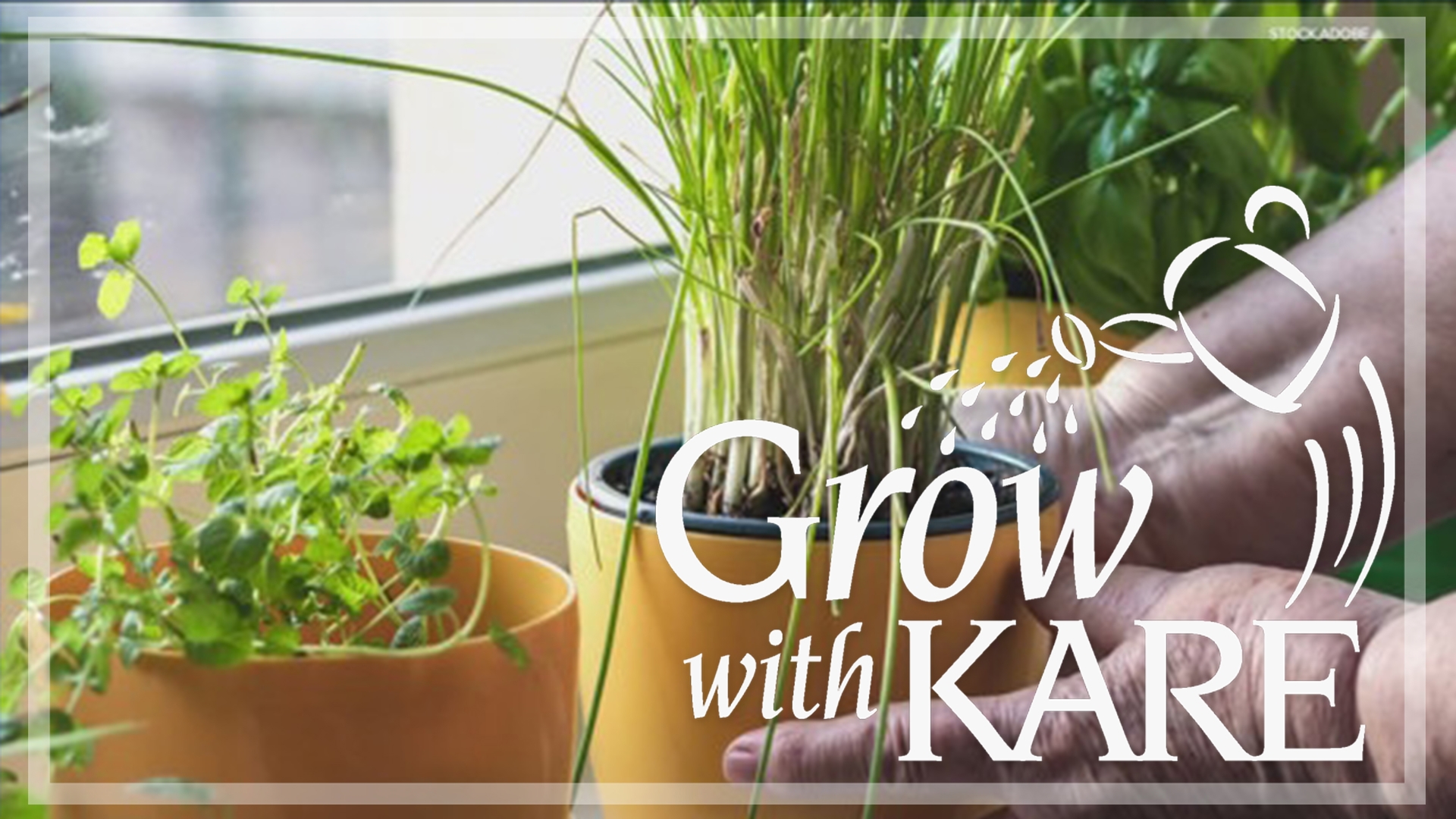GOLDEN VALLEY, Minn. — As the winter quickly approaches, it might be helpful to know which herbs grow well indoors and which ones don't.
Herbs That Grow Well Indoors
- Basil
- Light Requirements: Prefers bright light, ideally 6-8 hours of sunlight or fluorescent light per day.
- Watering: Keep the soil consistently moist, but not waterlogged.
- Additional Tips: Harvest leaves regularly to encourage new growth and prevent flowering.
- Mint
- Light Requirements: Thrives in indirect light; direct sunlight can scorch the leaves.
- Watering: Keep the soil evenly moist; avoid letting it dry out completely.
- Additional Tips: Mint can be quite invasive, so it's best to plant it in its own container.
- Chives
- Light Requirements: Needs about 6 hours of light per day; a south-facing window is ideal.
- Watering: Water when the top inch of soil feels dry.
- Additional Tips: Regular trimming promotes bushier growth and prevents flowering.
- Parsley
- Light Requirements: Requires 6-8 hours of bright light daily.
- Watering: Keep the soil evenly moist without drowning the roots.
- Additional Tips: Parsley is slow to germinate but grows steadily once established.
- Thyme
- Light Requirements: Needs full sun; around 6 hours of light is ideal.
- Watering: Let the soil dry out slightly between waterings.
- Additional Tips: Trim regularly to maintain shape and encourage new growth.
Herbs That Do Not Grow Well Indoors
- Cilantro
- Challenges: Tends to bolt quickly indoors due to lack of sufficient light and temperature fluctuations.
- Additional Tips: Better suited for outdoor growth or in a greenhouse setting.
- Lavender
- Challenges: Requires a lot of direct sunlight, which is hard to provide indoors during winter.
- Additional Tips: Can be grown indoors if placed in the sunniest spot and supplemented with grow lights.
- Dill
- Challenges: Needs more light than most homes can provide in winter and is prone to becoming leggy.
- Additional Tips: Try growing under a grow light for better results, but it's generally more successful outdoors.
- Oregano
- Challenges: While it can survive indoors, it often struggles without ample direct sunlight.
- Additional Tips: Use a south-facing window or supplemental lighting to improve growth conditions.
Remember, the key to successful indoor herb gardening is providing adequate light, maintaining proper moisture levels, and ensuring good air circulation. Happy gardening!

